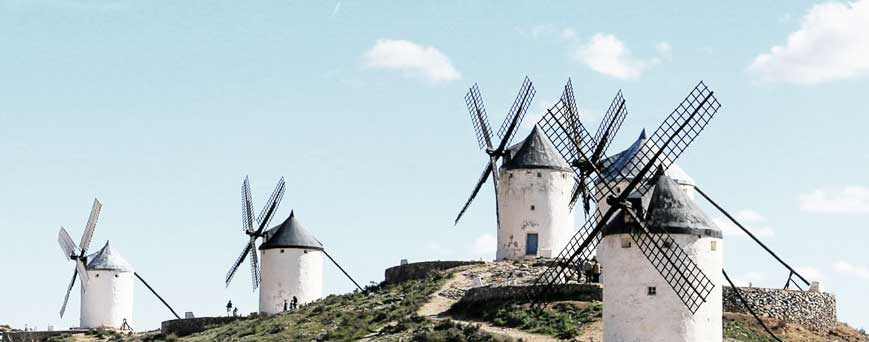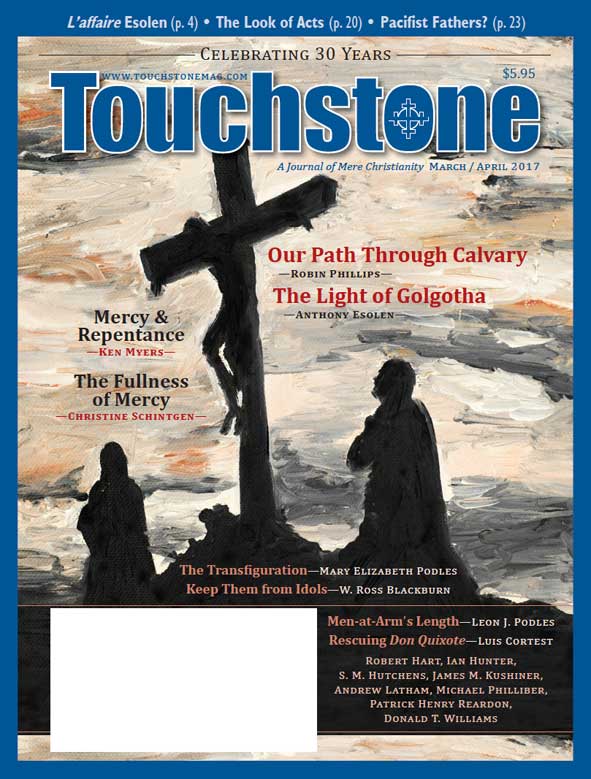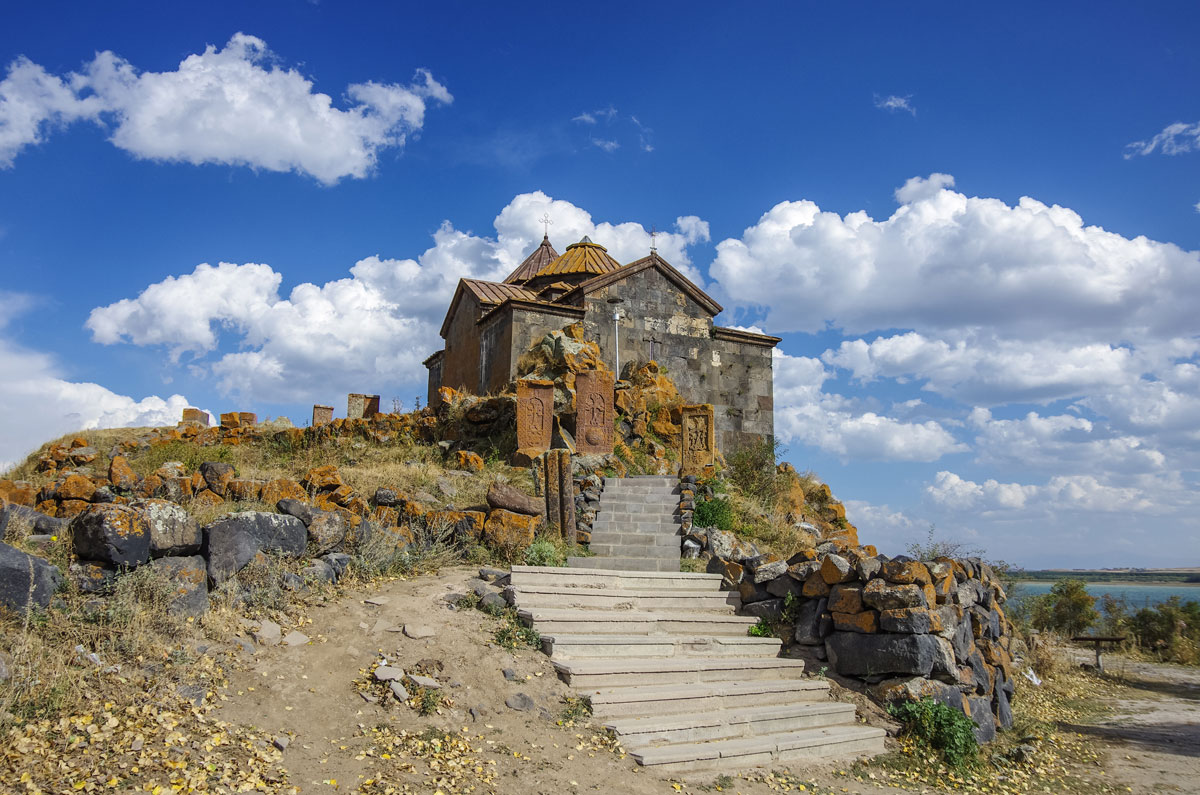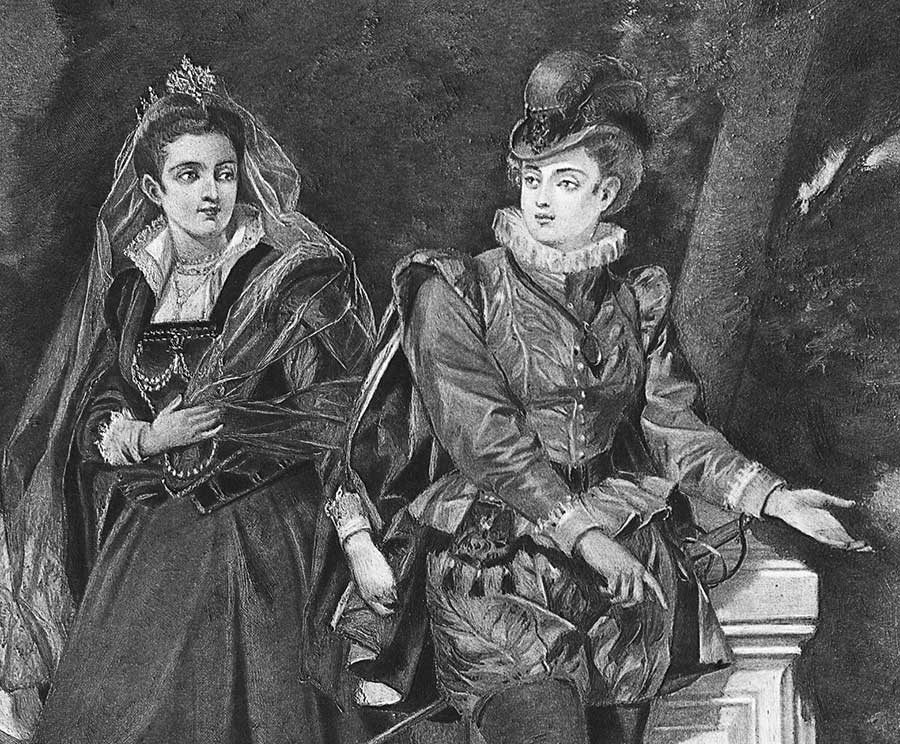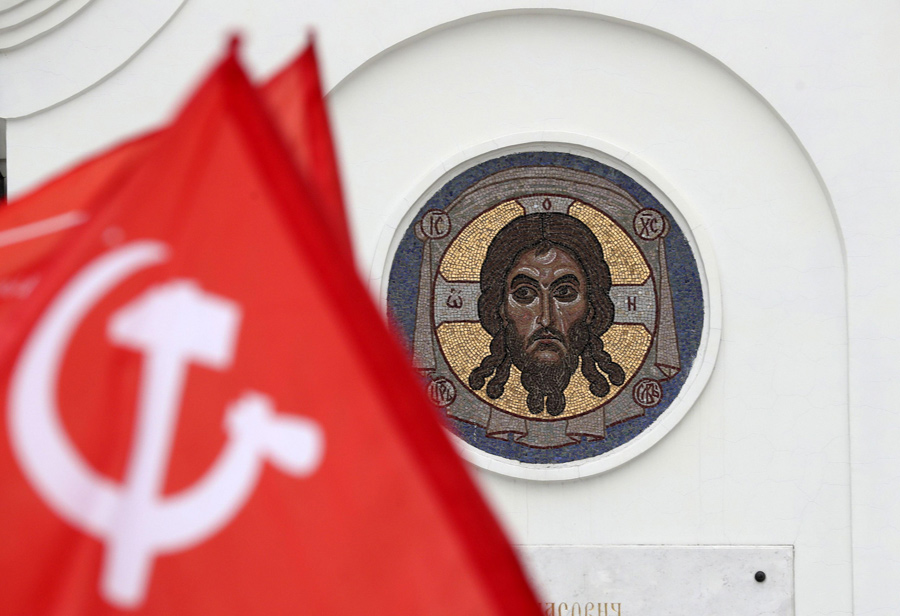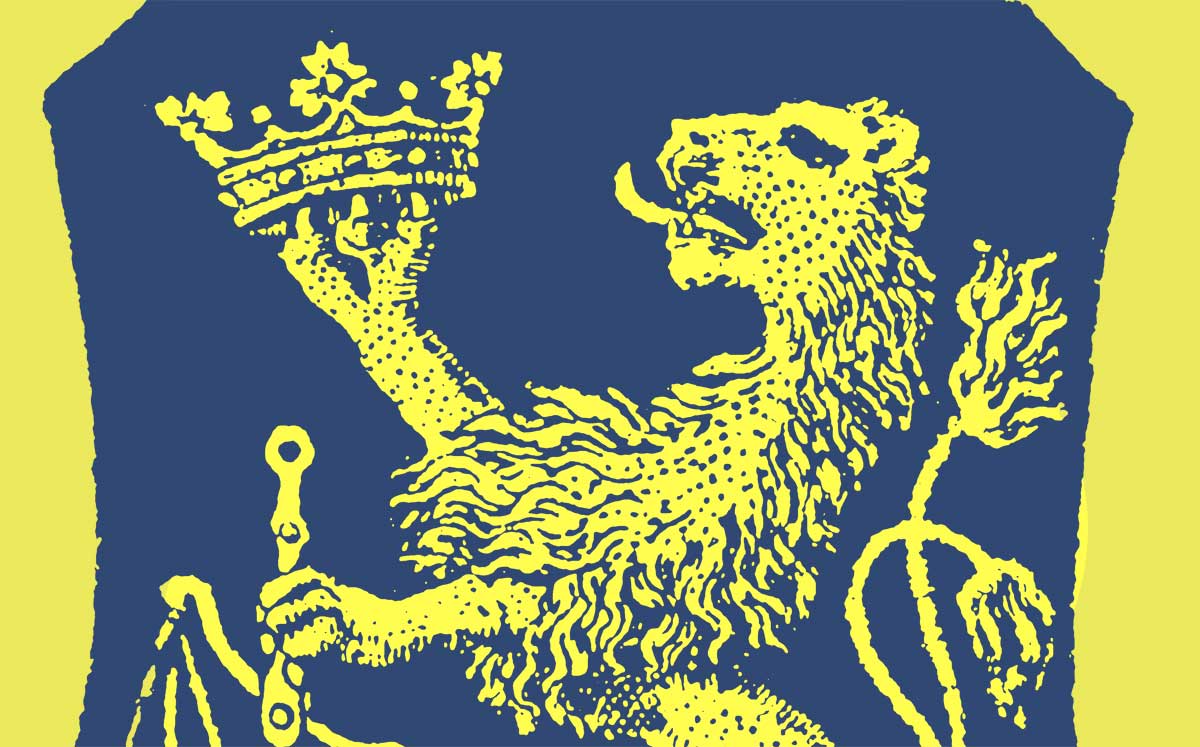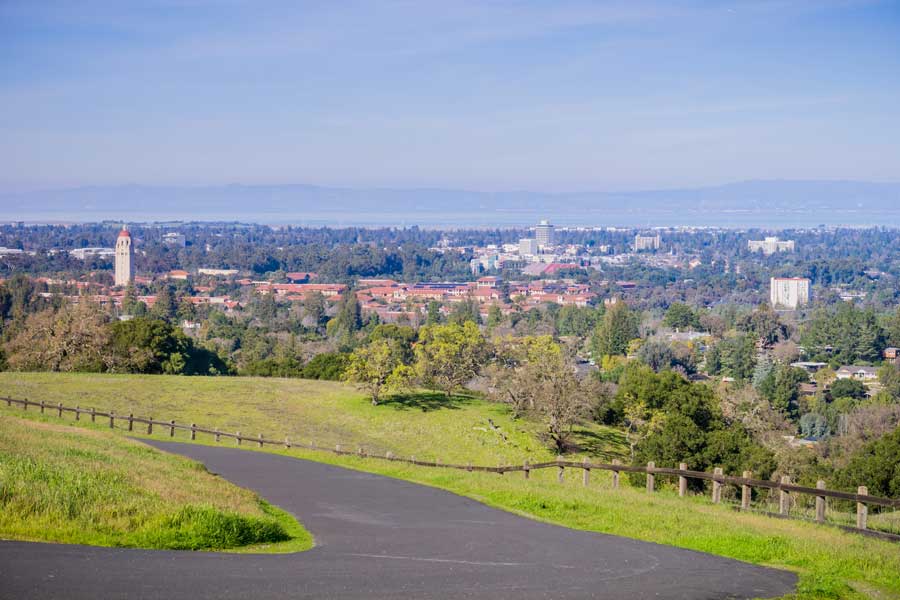View
Rescuing Cervantes
Luis Cortest on Reading Don Quixote in Its Original Christian Context
April 2016 marked the 400-year anniversary of the death of Miguel de Cervantes Saavedra, the best-known author in the history of Spanish-language literature. Although he wrote many other impressive works, including the remarkable Novelas Ejemplares, the work by which we remember him is Don Quixote. This masterpiece, published in two parts (Part I, 1605; Part II, 1615), belongs to that exclusive class of works that we call the classics of world literature. There can be no doubt that Don Quixote amply deserves its exalted reputation. Yet it is odd that such a celebrated book is now so seldom read in its entirety, not just in translation, but even by students and admirers who read it in the original Spanish. This has helped contribute to the fact that the book is persistently misread and misunderstood by modern readers.
Few works have inspired more exaggerated claims. In his 2015 book, Quixote: The Novel and the World, Ilan Stavans openly confesses his obsession with the novel, lauding it as "the banner, the pledge of allegiance, the constitution of Hispanic civilization, including the portion—the nation within the nation—living north of the Rio Grande" (171). No such extravagant claim has been made about any other work of literature in the Spanish language.
Early Modern Disenchantment?
Not to be outdone, William Egginton, in his impressive new book, The Man Who Invented Fiction, informs us that Cervantes not only "invented fiction" but actually "ushered in the modern world." He was able to achieve this remarkable feat because he lived at the very moment in history when fiction "contravened the state's control over imaginative expressions of individual subjectivity" (171). According to this analysis, Cervantes was seeking to subvert sources of religious and political authority in his society that he had once embraced, but then no longer accepted. But he was doing so with subtlety and indirectness, using fiction to veil his true thoughts:
Presented with the challenge of portraying the world according to the dictates of a society whose version of the truth he had once accepted but now knew to be false, Cervantes developed a brilliant solution. He would present in perfect verisimilitude conflicting portrayals of the world and the attempt of individuals to choose between them. In this way he could undermine the state's version of reality while claiming with complete deniability that he was teaching by example.
(171)
Egginton is absolutely convinced that by the time that Cervantes composed Don Quixote he had lost all faith in the values he had so boldly accepted at an earlier time:
As a young man, Cervantes bought into the religious and political doctrines of his day. He dueled for honor, risked his life for his country, spent long years in captivity, and returned fueled with hope for a comfortable and honorable old age. These hopes were dashed as he found that, in the eyes of his society and his government, he was not much more than an aging cripple whom they would rather be rid of than reward. His early attempts at prose and theater showed sparks of literary genius and critical wit, but it was only as his life progressed and his hopes and plans turned to naught that the real genius we now recognize came alive, that Cervantes became, as it were, Cervantes. (183)
In other words, Cervantes' fiction was a classic expression of early-modern disenchantment and disillusionment at the dawn of the Age of Reason.
A Deeply Religious Man
But such a bold claim glides too easily past some stubborn facts. It was not until the end of his difficult life that Cervantes began to become famous for his work—and at that time he was living the life of a very devout and entirely orthodox Catholic. In Egginton's own words:
For the last five months of his life the now-famous-but-still-impoverished writer spent his days in that room, working away at his final novel, perhaps exchanging quips with the actors outside or reading them snippets from the growing book. The dropsy likely caused by his failing heart was wracking him with thirst and had swollen his legs beyond recognition, such that he would have had to limp to Mass at the Trinitarian convent, supported by Catalina for the few short strides separating the convent from Martínez's house. On April 2, when he professed his faith and donned the habit of the Tertiary Order of St. Francis, the swelling was such that the monks were able to dress him only in the cassock, "yoked and hooded, with a cord that hung to his knees, for the breeches would not cover him." (180)
Is this a description of a man who no longer "bought into the religious" beliefs of his day? Of a man who embraced the composition of fictional writings solely as an escape from the bitter hardness of nihilism?
We know that Cervantes' life was one of considerable trials and suffering. As a young man, he fled to Italy to avoid a prison sentence in Spain as the result of a duel in which he left another man near death. He lost the use of his left hand in the battle of Lepanto in 1571. He was later captured by pirates while returning to Spain in 1575. He was held for ransom in Algeria from 1575 until 1580. He worked as a tax collector from 1594 to 1597 and in 1597 was again imprisoned for three months, accused of embezzlement. If he had been inclined to reject his Christian faith out of bitterness over his hard lot, he would have had ample opportunity to do so.
But we also know that he was a deeply religious man. His last published work, Persiles y Sigismunda, was a powerful and explicitly Christian allegory. He chose to be buried in Madrid in the Trinitarian monastery. On a plaque outside the monastery we are told that he asked for his remains to be laid to rest there because he owed his rescate (rescue) to the Trinitarians. In fact, the Trinitarians did arrange for the payment of his monetary ransom, but that cannot have been the sole meaning of the word in this context. It is highly likely that he believed the Trinitarians were also helpful to his spiritual rescue, and, far from being eager to terminate his association with them, he sought to fix and deepen it at the end of his life. These are not the actions of an apostate.
A Wayward & Disturbed Soul
We must not forget that Cervantes, who was born in 1547, lived during and after the Council of Trent (1545–1563). The Catholic Reformation, or Counter-Reformation, dominated Catholic intellectual life in Spain and Italy all the years of the author's life, and was consistently aimed at countering Protestant examples and practices. Spanish and Italian art (e.g., El Greco 1541–1614, Bernini 1598–1680) shows the power of this influence; Don Quixote does as well, and a consideration of the book as an artifact of the Counter-Reformation yields startlingly different insights into it. Read this way, the book presents the protagonist to the reader as a negative example of a profoundly wayward and disturbed soul, whose mind and soul have been corrupted by too much independent reading.
Already in chapter three of Part I (the episode in which Don Quixote is knighted) we see how a religious ceremony becomes distorted beyond recognition. The innkeeper tells Don Quixote that this ceremony cannot be held in the chapel because it has been torn down so that a new one can be built. He then informs his guest that the rules have changed; now the solemn religious ceremony can be held outside the building in a corral. The innkeeper proceeds to use his ledger in place of the Bible to perform the mock ceremony. With Don Quixote on his knees, the innkeeper mumbles something that sounds like a prayer (como que decía alguna devota oración) to complete his task. Besides the boy who has brought a little candle, the other participants are two prostitutes. Surely any reader in early seventeenth-century Spain would have understood the gravity of this scene. When the rules of religious practice are not followed to the letter, the most grotesque substitutions quickly replace the accepted forms.
In chapter 19 of Part I, Don Quixote violently attacks a young licenciado (scholastic) named Alonso López, who, along with a group of priests, is carrying a body to its burial. After the young man (who has also taken minor orders) has suffered a broken leg in the attack, he informs Don Quixote that he has been excommunicated for his actions, proclaiming: "Juxta illud, si quis suadente diabolo" ("Similarly, if anyone, having been persuaded by the devil," etc.). By canon law, this condemnation can be uttered when someone has attacked a cleric during a religious ceremony. When Don Quixote hears this proclamation, he pleads that he does not understand Latin. This point is very important, for he is admitting that he does not know the official language of the Roman Catholic Church. He is in some sense ignorant of his own traditions.
Hence, we would not be far off the mark if we regarded the protagonist not as a romantic hero, but as a muddled and misguided Protestant, who paraphrases biblical texts and then interprets them as he pleases, to provide sanction for whatever he thinks is right or just. We would thereby come closer to reading the book in its proper cultural context, as a commentary on the kind of thing that happens when one is set adrift from Catholic traditions and dogmas.
We can also read chapter 22 of Book I, the episode of the twelve prisoners in chains, in this way. Don Quixote tells us that he has been sent to free captives. He then attacks the guards who have the responsibility of escorting these same twelve prisoners to the galleys. Even though Sancho tells Don Quixote that the men are being held by order of the king, Don Quixote interferes with a formal legal process and creates chaos. Clearly, he respects neither the laws of God nor the laws of man. He defends his actions by insisting that he has been sent by heaven ("el Cielo me arrojó al mundo") to do these things. This individual reading is exactly the kind of biblical interpretation that was condemned at the Council of Trent.
The Blindness of Pride
At the end of Book II, Don Quixote comes to his senses. Finally he remembers his real name (Alonso Quijano) and says that he needs to confess his sins before he dies. This confession at the end of the work is highly significant; it is the work's logical conclusion. The protagonist realizes that his sins have been great and that he needs to confess them.
But contemporary readers in general and Spanish and Spanish-American readers in particular almost never talk about the work in these terms. They fail to enter into the cognitive universe that Cervantes actually inhabited, and thus fail to grasp the meanings he sought to impart to his text. Instead, we have inherited our reading of the text from the Spanish Romantics and Miguel de Unamuno and, more recently, from the "Man of La Mancha" on Broadway who "dreamed the impossible dream." The present-day Spanish, who are so proud of Cervantes and Don Quixote, are now living in the European Union, where secular values dominate modern European life as much as Roman Catholic values shaped the world Cervantes knew. And so they, too, miss Cervantes' meaning.
For Cervantes, his dreamer was not just a pathetic and comical middle-aged man who had read too many novels of chivalry. He was a deeply misguided Christian who, misled by the corruptions of his memory, will, and understanding, was unable to interpret anything correctly. He was a living illustration of the fact that reading, far from being a mere idle and inconsequential pleasure, is an activity of profound seriousness, not to be taken lightly.
His sin was not idealism, but rather the most serious sin of all, pride. His pride blinded him. That is why he imagined that he could change the world into a world of his own liking. The result was tragic. After he freed the twelve captives, they turned on him and ran for their lives, knowing that their punishment would now be far more severe. Don Quixote could not understand what had happened because his pride blinded him. Ironically, the modern secular reader, who has never considered the possibility that for Cervantes himself Don Quixote was at bottom a book about religion, may suffer from the same blindness. •
Luis Cortest is Professor of Spanish at the University of Oklahoma. He has published several books, including The Disfigured Face: Traditional Natural Law and Its Encounter with Modernity (Fordham University Press, 2008).
subscription options
Order
Print/Online Subscription

Get six issues (one year) of Touchstone PLUS full online access including pdf downloads for only $39.95. That's only $3.34 per month!
Order
Online Only
Subscription

Get a one-year full-access subscription to the Touchstone online archives for only $19.95. That's only $1.66 per month!
bulk subscriptions
Order Touchstone subscriptions in bulk and save $10 per sub! Each subscription includes 6 issues of Touchstone plus full online access to touchstonemag.com—including archives, videos, and pdf downloads of recent issues for only $29.95 each! Great for churches or study groups.
Transactions will be processed on a secure server.
more on literature from the online archives
more from the online archives
calling all readers
Please Donate
"There are magazines worth reading but few worth saving . . . Touchstone is just such a magazine."
—Alice von Hildebrand
"Here we do not concede one square millimeter of territory to falsehood, folly, contemporary sentimentality, or fashion. We speak the truth, and let God be our judge. . . . Touchstone is the one committedly Christian conservative journal."
—Anthony Esolen, Touchstone senior editor





